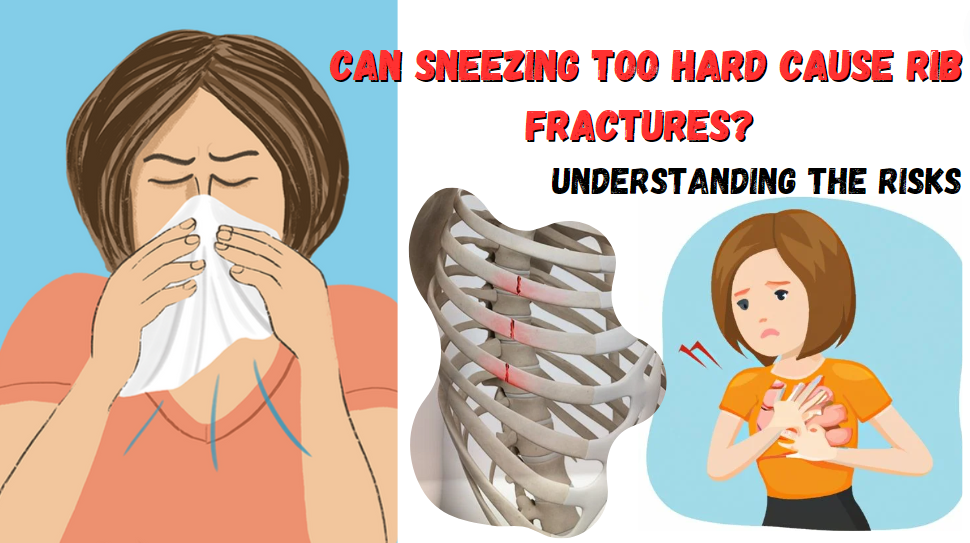Can Sneezing Too Hard Cause Rib Fractures? Understanding the Risks
The Science Behind Sneezing
Sneezing is a natural reflex that helps clear the nasal passages of irritants. When you sneeze, your body expels air at a high speed, often reaching up to 100 miles per hour. This forceful expulsion is meant to protect you from inhaling harmful particles. However, under certain conditions, a powerful sneeze can have unintended consequences, including rib fractures.
The Link Between Sneezing and Rib Fractures
While it’s rare, sneezing too hard can lead to a rib fracture. This is more likely to occur if your bones are already weakened due to conditions like osteoporosis. When you sneeze with excessive force, the pressure on your rib cage can be enough to cause a break, especially in the elderly or those with brittle bones.
Who Is at Risk?
Individuals with pre-existing conditions like osteoporosis or those who have experienced rib injuries in the past are at higher risk. Additionally, older adults may have a higher susceptibility due to natural bone density loss over time. Even in healthy individuals, a particularly strong sneeze can lead to discomfort or minor injury.
Preventive Measures
To minimize the risk of injury, it’s essential to manage your health proactively. Maintaining good bone health through a balanced diet rich in calcium and vitamin D can help. Regular exercise, particularly weight-bearing activities, strengthens bones, reducing the likelihood of fractures.
What to Do If You Suspect a Rib Fracture
If you experience sharp pain in your chest after sneezing, it’s crucial to seek medical attention. Rib fractures can be painful and may require specific treatment to heal properly. Avoiding activities that could exacerbate the injury is also recommended until you have fully recovered.
Conclusion: A Balanced Approach to Sneezing
While sneezing is generally harmless, being aware of the potential risks can help you take the necessary precautions. Maintaining strong bones and knowing when to seek medical advice are key steps in ensuring your health and safety.

